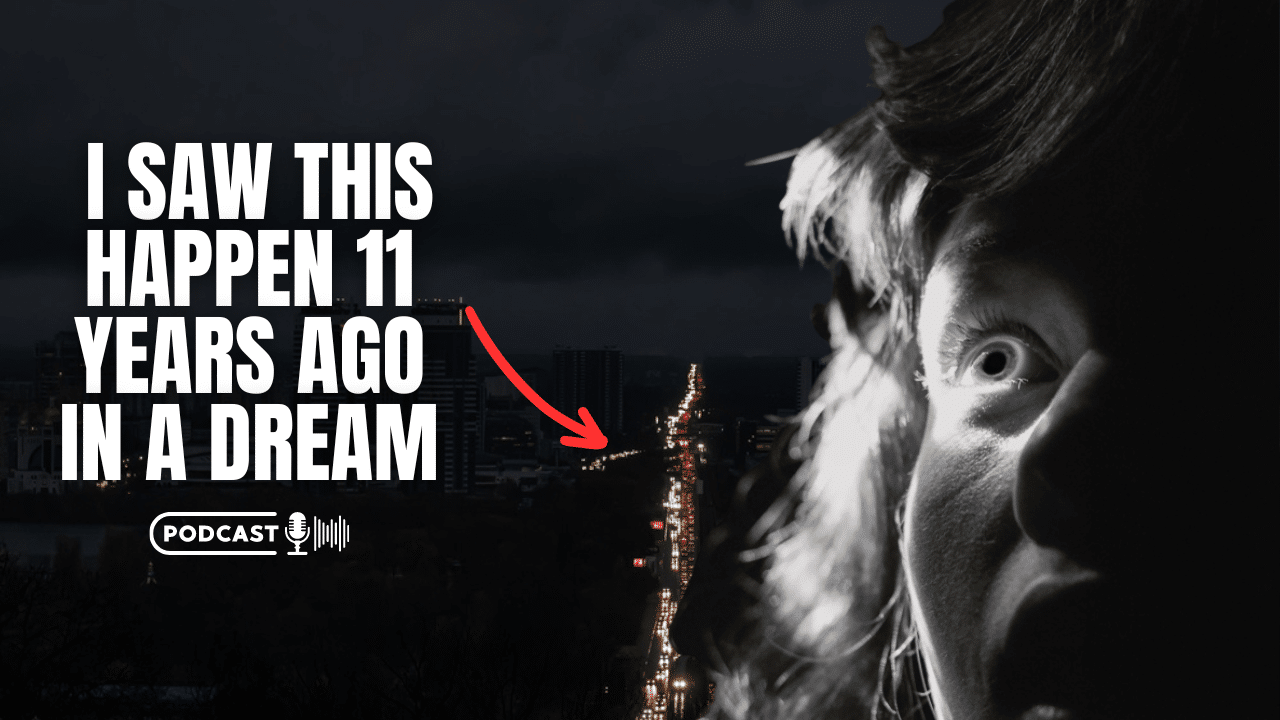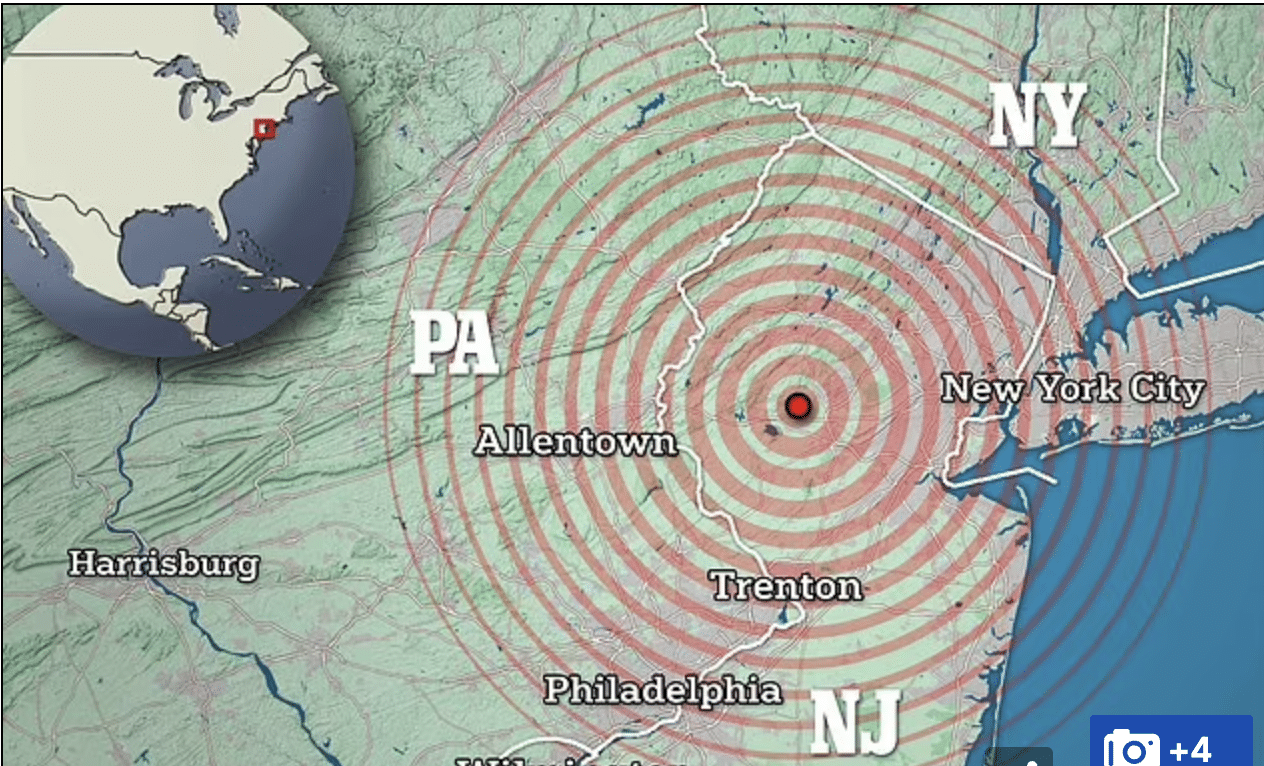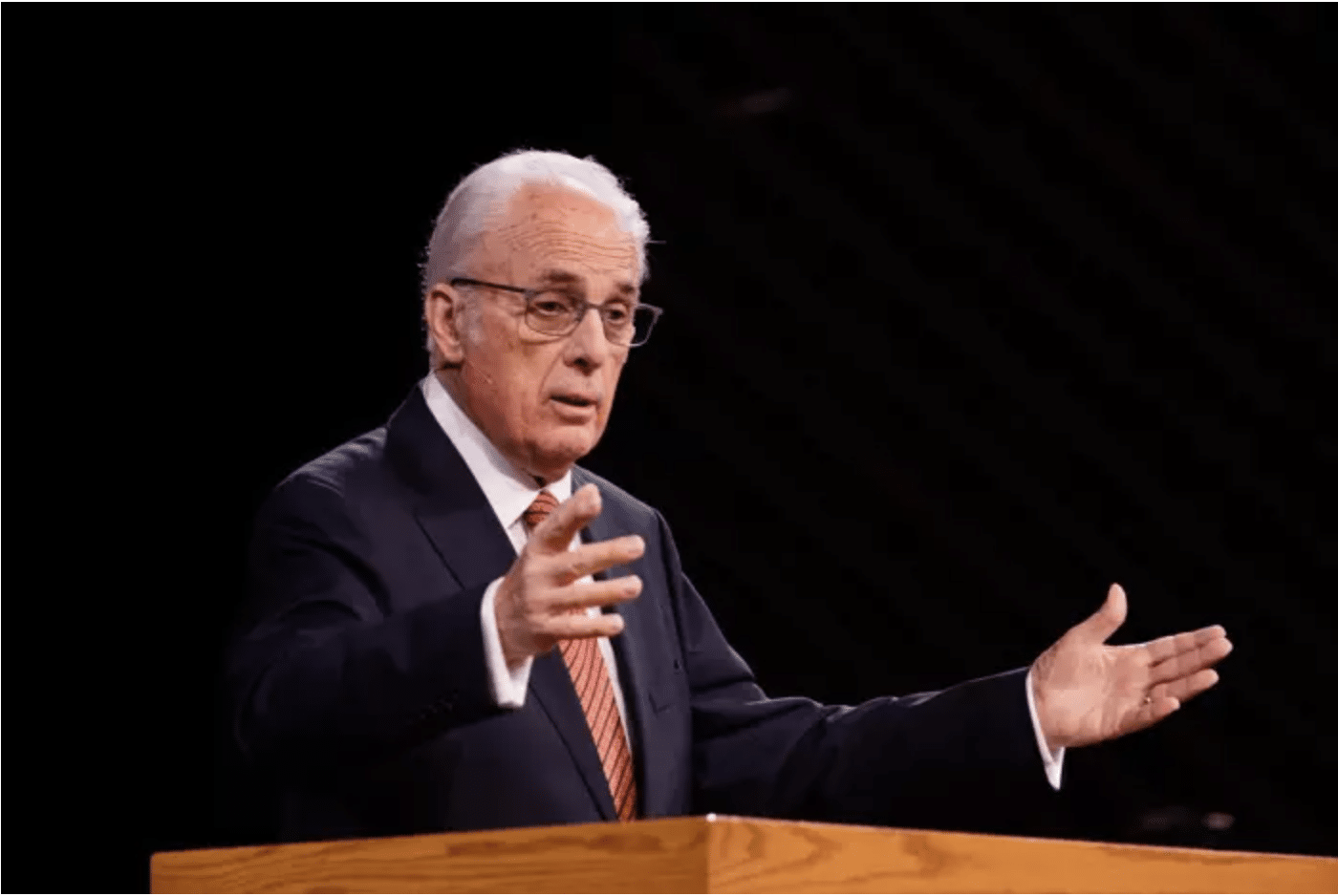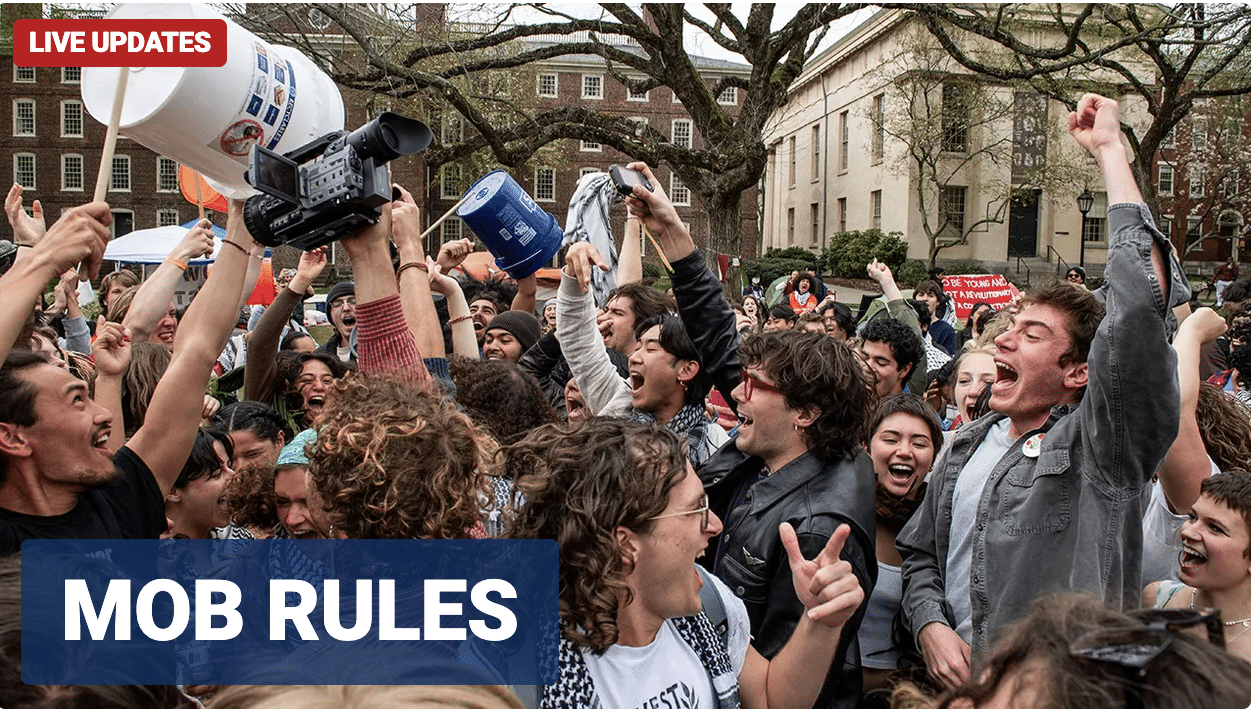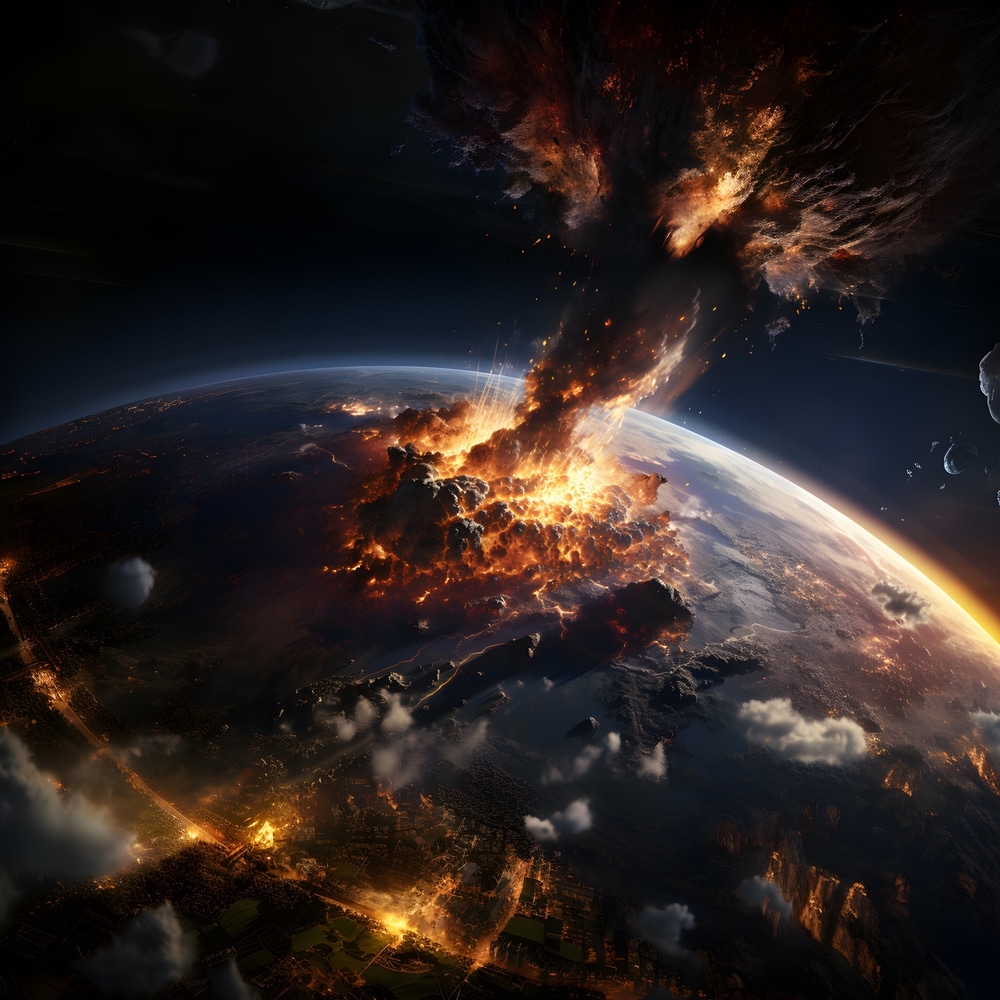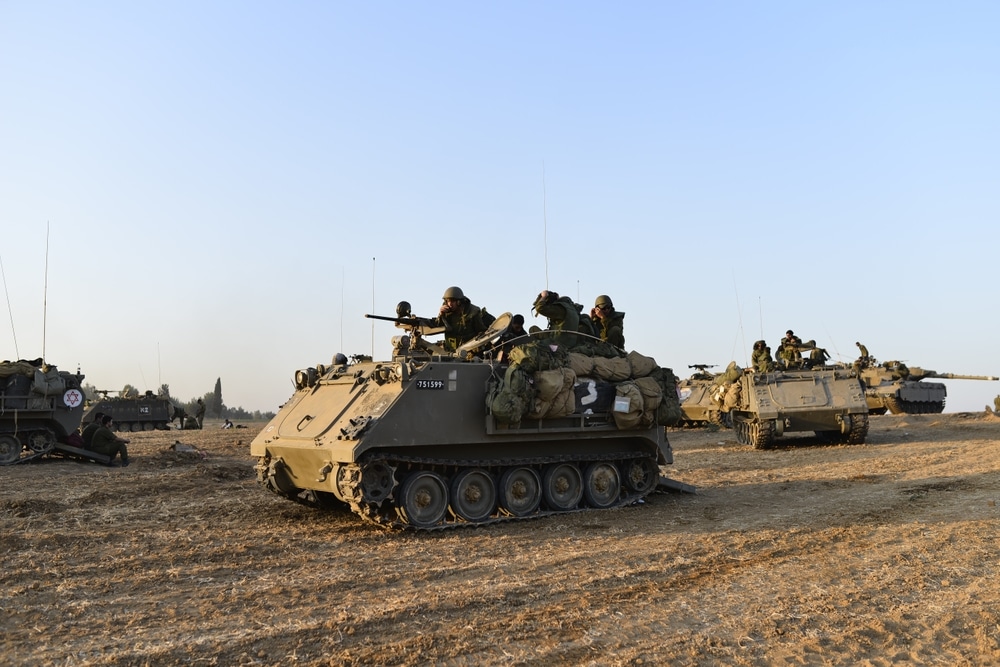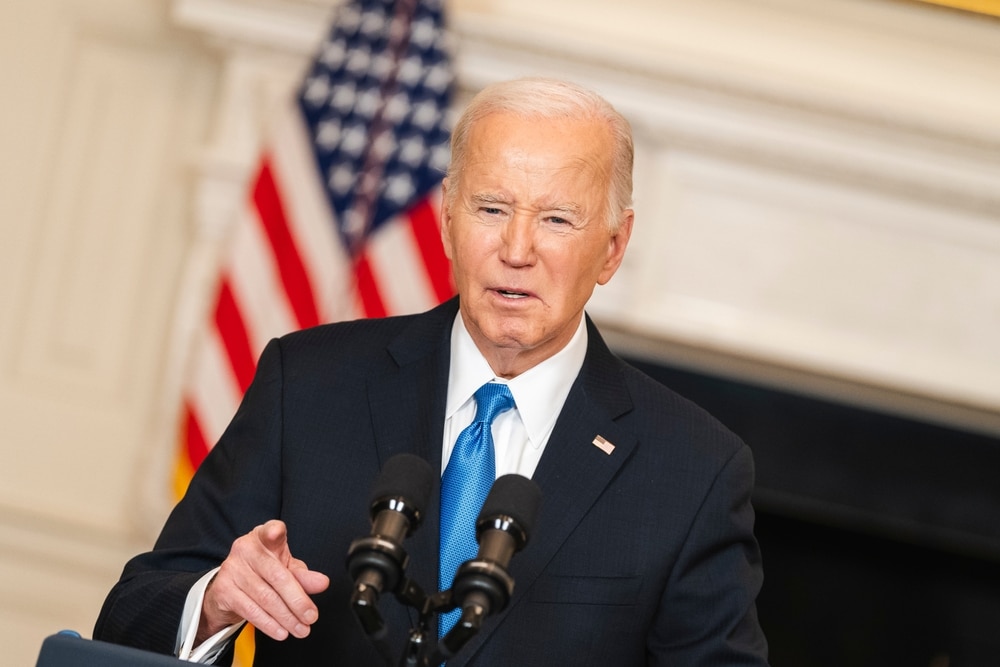In the last week alone, Israel has killed a senior Hamas militant in an airstrike in Beirut, Hezbollah has struck a sensitive Israeli base with rockets, the United States has killed a militia commander in Baghdad, and Iran-backed rebels in Yemen have traded fire with the U.S. Navy.
Each strike and counterstrike increases the risk of the already catastrophic war in Gaza spilling across the region. And in the decades-old standoff pitting the U.S. and Israel against Iran and allied militant groups, there are fears that any one party could trigger a wider war if only to avoid appearing weak.
The divisions within each camp add another layer of volatility: Hamas might have hoped its Oct. 7 attack would drag its allies into a wider war with Israel.
Israelis increasingly talk about the need to change the equation in Lebanon — and on Monday an Israeli airstrike killed a Hezbollah commander — even as Washington aims to contain the conflict.
As the intertwined chess games grow ever more complicated, the potential for miscalculation rises.
Hamas says the Oct. 7 rampage across southern Israel that triggered the war in Gaza was a purely Palestinian response to decades of Israeli domination. There is no evidence that Iran, Hezbollah or other allied groups played a direct role or even knew about it beforehand.
But when Israel responded by launching one of the 21st century’s most devastating military campaigns in Gaza, a besieged enclave home to 2.3 million Palestinians, the so-called Axis of Resistance — Iran and the militant groups it supports across the region — faced pressure to respond.
The Palestinian cause has deep resonance across the region, and leaving Hamas alone to face Israel’s fury would have risked unraveling a military alliance that Iran has been building up since the 1979 Islamic Revolution put it on a collision course with the West.
“They don’t want war, but at the same they don’t want to let the Israelis keep striking without retaliation,” said Qassim Qassir, a Lebanese expert on Hezbollah.
“Something big has to happen, without going to war, so that the Israelis and Americans are convinced that there is no way forward,” he said.
Of all Iran’s regional proxies, Hezbollah faces the biggest dilemma. If it tolerates Israeli attacks, like the strike in Beirut that killed Hamas’ deputy political leader, it risks appearing to be a weak or unreliable ally.
But if it triggers a full war, Israel has threatened to wreak major destruction on Lebanon, which is already mired in a severe economic crisis. Even Hezbollah’s supporters may see that as too heavy a price to pay for a Palestinian ally.
Hezbollah has carried out strikes along the border nearly every day since the war in Gaza broke out, with the apparent aim of tying down some Israeli troops. Israel has returned fire, but each side appears to be carefully calibrating its actions to limit the intensity.



